My dear candidates for Confirmation, this is an amazing day. You come here today after a long period of growing in faith and preparing for this beautiful sacrament. You have completed many hours of service, you have learned a good deal about our faith and our church, and you have prayed and discerned this sacramental moment. So here we are, finally, and today you see the grace of all of that: you receive the sacrament for which you have worked so hard to prepare. I congratulate you for coming here today to choose yet again to be a follower of Christ in the Catholic Church. I thank you for making that difficult but important decision, a decision that no one should ever take lightly. I have more to say to you about that, but first I would like to speak briefly to your parents and sponsors.
And so parents, I appreciate on behalf of the Church all that you have done to raise your children in the faith. A parent’s job is a difficult one, now and always. You know all too well that there are so many ways a young person can be distracted from their God, their faith, and even from their family. But you have persevered by bringing them for baptism, teaching them to pray, giving them the grace of continued religious instruction, and bringing them here today for Confirmation. A parent’s vocation is to bring children into the world and to teach them the faith, and lead them to heaven one day. This you have begun, but the job is never complete until that great day when we all meet in around the banquet table of God’s kingdom in heaven. And so I encourage you to continue this great work by seeing that your family comes to Mass every Sunday and Holy Day of Obligation, and that you all become life-long learners of our faith: that’s how we do it. Then on that great day when we do all come together to eternal life, you can hear your Lord say to you, “Well done, good and faithful servant, enter into the joy of your Lord!”
Sponsors, you have undertaken a very important role in the life of the young person you are sponsoring. That young person is very special to you or you wouldn’t be their sponsor. Being a sponsor for Confirmation is not something simply ceremonial, and it’s not just a pat on the back for being a good person in their life. As a sponsor, it is your job to continue to witness to the faith and encourage your candidate to grow in that faith. This means that the Church expects that you are living lives of integrity, showing that you believe in Christ by your example, and to encourage and correct the person you are sponsoring so that they remain on the road they have chosen. You share with their parents in the role of bringing them to heaven.
And now, candidates, I return to you. You have come here for many reasons this afternoon. Some of you have freely chosen to come to the sacrament of Confirmation to be sealed with the Gift of the Holy Spirit; it is a part of your faith and you have chosen to share in it; you may have been eagerly waiting for this moment all your lives. Others perhaps are doing this because a parent or grandparent or some other adult has urged you to do so. And that’s okay; they wouldn’t be doing their jobs if they didn’t insist that you do what is best for you or encourage you on a path that leads to happiness. Whatever the reason is that you’re here, the important thing is that you’re here. The Holy Spirit which you will receive in a sacramental way this morning will continue to work in your hearts and in your lives to guide you through the years ahead which will undoubtedly provide you with a multitude of challenges.
In today’s world, you have a lot on your plate. High school demands much from you: academics, sports, extra-curricular activities: all of these take time and energy and attention. Then there are the pressures of growing up in this time in history. Your parents and teachers expect you to perform at your best, to get good grades and eventually to go to a good college and get a good job. That is a hard thing to accomplish for anyone and for some more than others. You also have the pressures to socialize with other young people. You have to have friends and be popular, and sometimes that is difficult to reconcile with your life of faith. You may be tempted to try alcohol and drugs and going too far in relationships, and all kinds of things that you know are wrong and that will lead you into sin and complicate your life. The cost of being a disciple of Jesus who follows the right path is pretty high.
So we are here for all sorts of reasons, and we bring so much challenge in our lives to this sacramental moment. And the reason we celebrate Confirmation as a community is that we are saying to you that the pressures you experience are not pressures you need to experience alone. The Church offers you some wonderful gifts to help you on your journey.
The first is the gift of the people in your life who want the best for you. Your parents, grandparents, sponsors and other adults in your family are there for you. You have teachers, the staff here at church, Father John, Father James, and me. You need to know that you can and should go to any of us when times are tough, when you have to make hard decisions and when you don’t know how to do the right thing. All of these folks have had to make hard decisions every day, and sometimes we do it well and sometimes we learn from our mistakes. But we want you to know that you can always come to us for help, to be a sounding board when you just need some advice or even just someone to listen.
The second gift is the others receiving Confirmation here today. Look around: these are all people who have come here because they believe that there is something special, something important, about living in Christ and living their Catholic faith. Whatever the reason is for them being here, there is that part of them that knows that life in the Spirit is worthwhile. When peer pressure seems to make life so hard, know that there are peers here at Saint Mary’s who stand with you to walk down the right path.
And the final gift is what we celebrate sacramentally today: the Gift of the Holy Spirit. And that Holy Spirit changes things, changes you. As the Holy Spirit is given to you sacramentally today, He will fill you with the power to make your life a living witness to others of God at work in the world. Now, it might not be as obvious as our readings make it sound. You might not see tongues of fire. You might not see the Holy Spirit help anyone to speak in tongues, and it might seem like nothing miraculous will happen as a result of this sacrament today. Unless maybe you look a little harder. Maybe that Holy Spirit will help you to make a decision that is very difficult to make, or to stand up for someone with strength you never knew you had. Maybe the Holy Spirit will enable you to say the right thing to someone at just the right time. Maybe the Holy Spirit will stir up a fire in your heart that gives you passion for a cause that really makes a difference in the world. Maybe the Holy Spirit will fill your heart with a love that leads you to a vocation as a priest, religious brother or sister, or a married person, sharing God’s love in the world according to your station in life. In little and big ways, the Spirit who changes everything will continue to change you and make you new, if you rely on Him. I pray for the Holy Spirit’s guidance every morning. And every morning I thank the Spirit for the graces I have been given. I know that can happen for you too.
Today’s Gospel makes the Holy Spirit very tangible in our lives through the reality of truth. Truth is a word that, in our culture, is often misused. People think they can come up with their own truth, that as long as something seems right for them, then it has to be the truth. But truth doesn’t work that way. In another place in the Gospel, Jesus says that he is the Truth, and that there is no other way to the Father than through him. And today’s Gospel promises, that if we are people of faith, the Holy Spirit will lead us to that truth, and that having received it, we will testify to the truth. We become living witnesses of the truth who can then be a light in the world to draw others to Christ. We do that by living in the truth, and by loving others as Christ, the Truth, has loved us.
So I encourage you to continue to be active members of the Church. Today is not the end of your faith journey: in some ways, it’s just the beginning. Continue to come here every Sunday and Holy Day of Obligation for Mass so that you can receive the grace of the Eucharist to strengthen you, and the grace of the Holy Spirit to guide you. Continue to be of service to those in need so that those you serve, who have very hard lives, can help you to become strong people of faith. Continue to learn about your faith so that on that great day when you are called to heaven, you’ll know where you are and will recognize your Lord.
Come Holy Spirit, fill the hearts of your faithful, and kindle in them the fire of your love. Send forth your Spirit and they shall be created, and you shall renew the face of the earth.
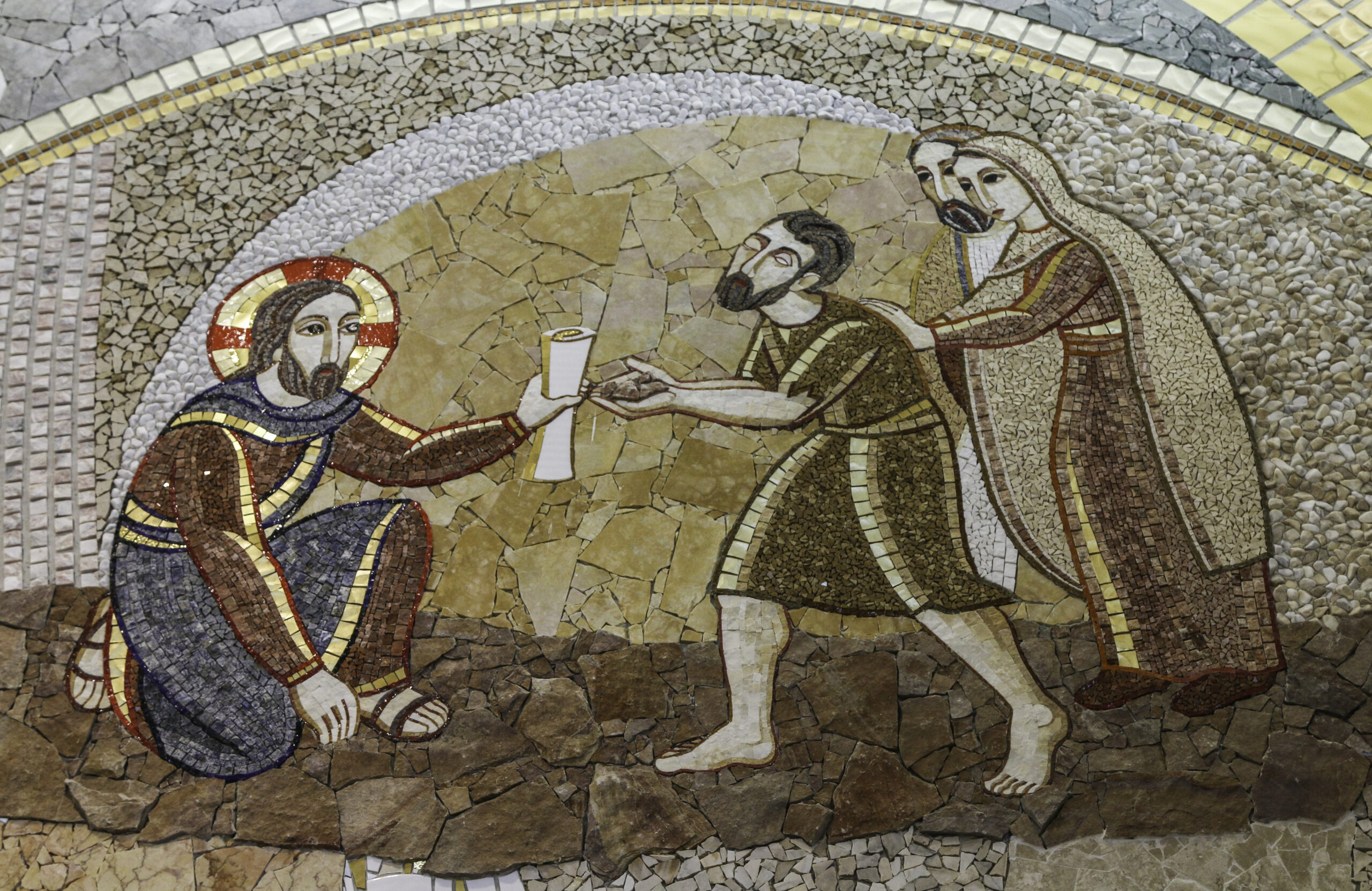
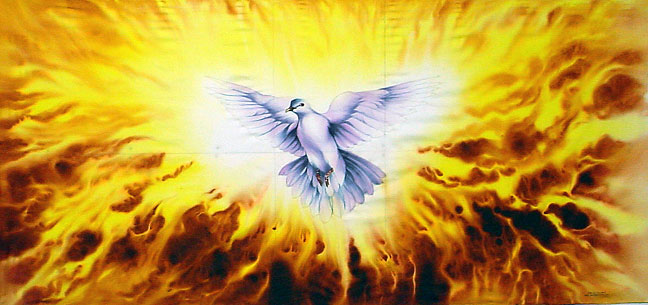

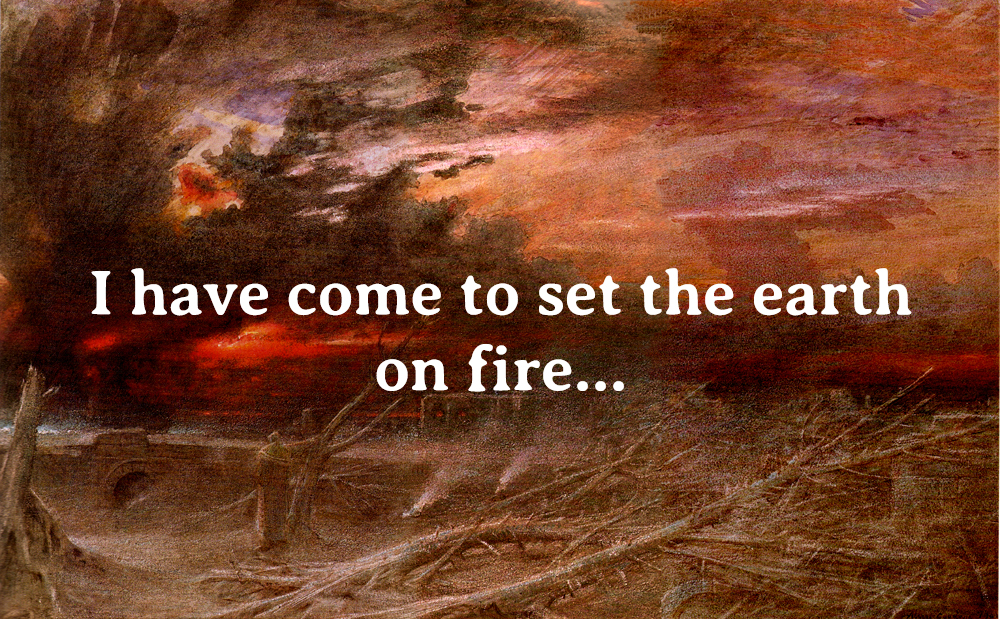
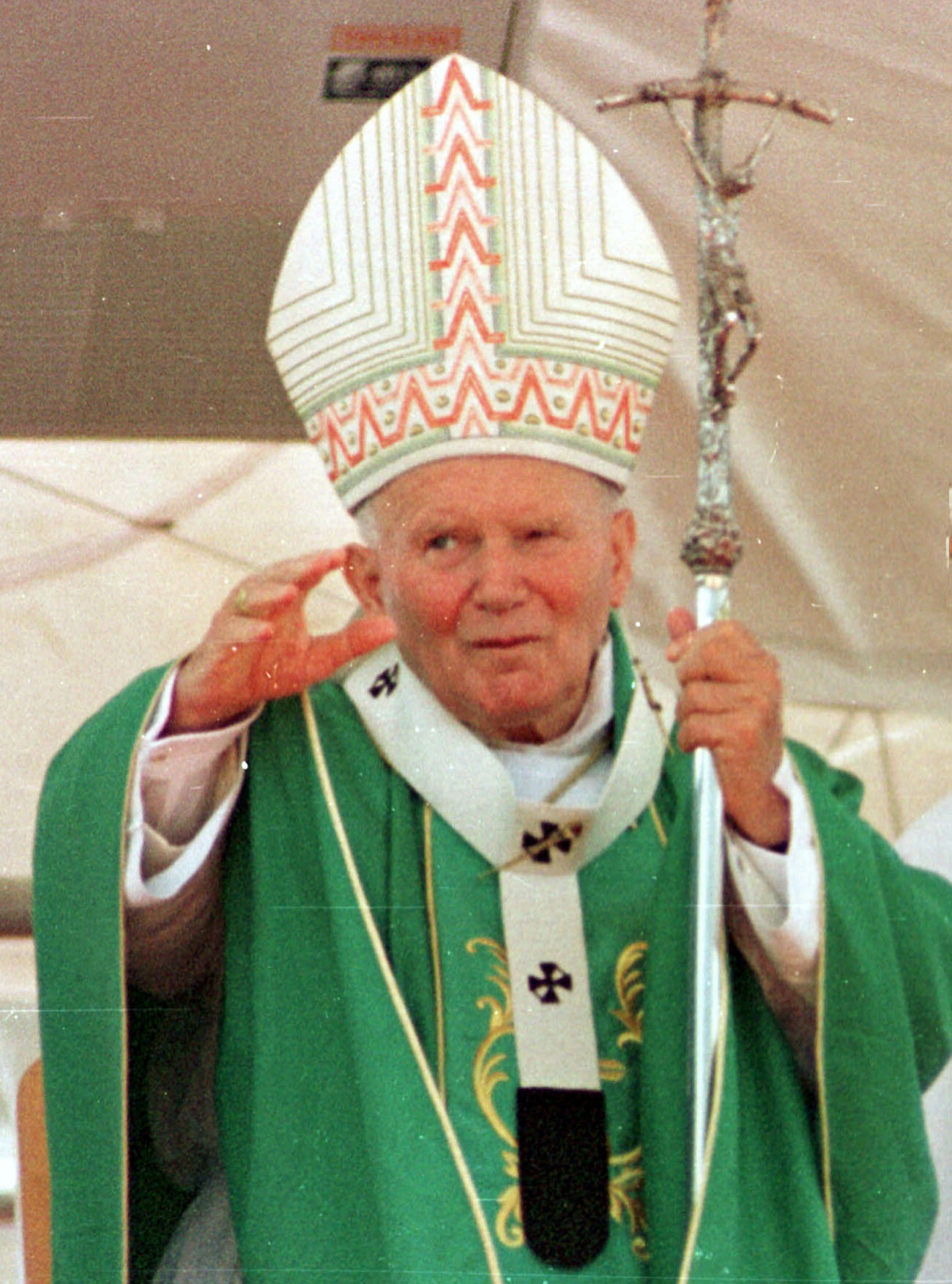
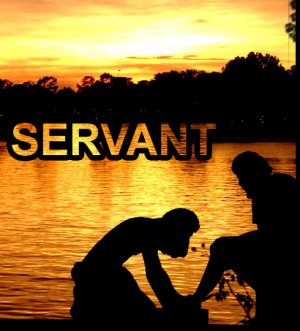
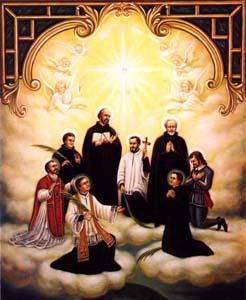
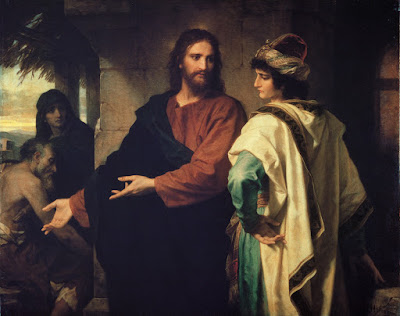
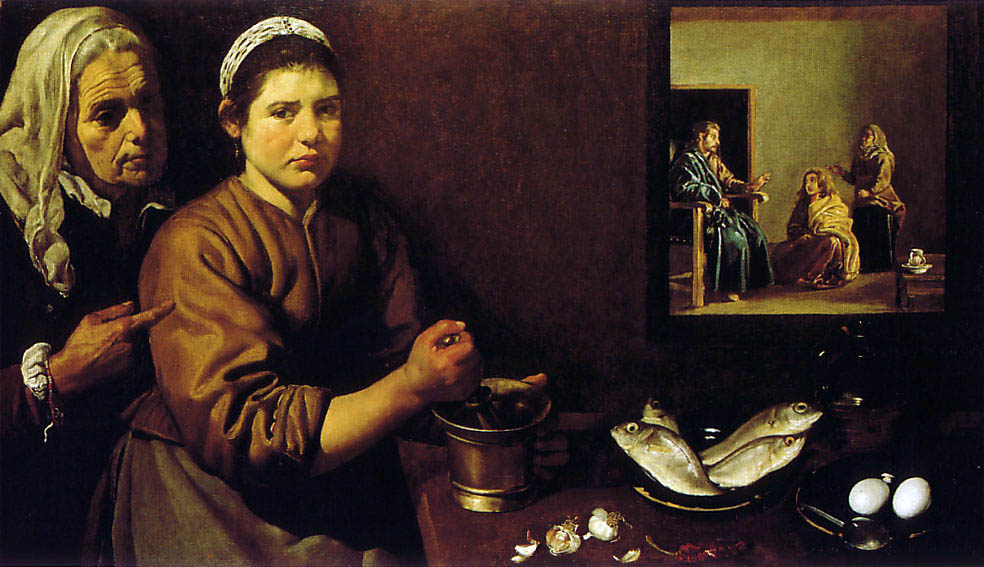

You must be logged in to post a comment.